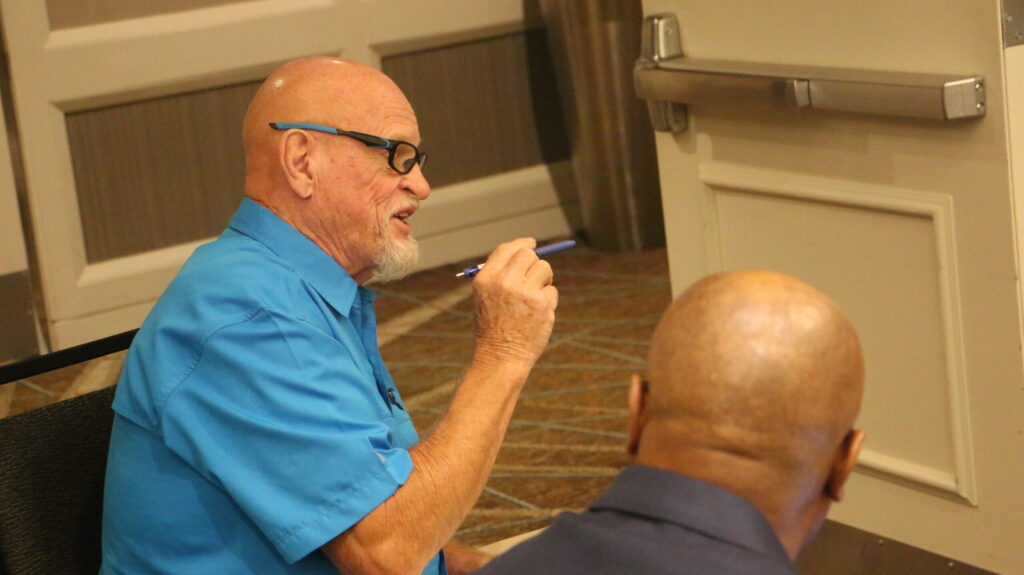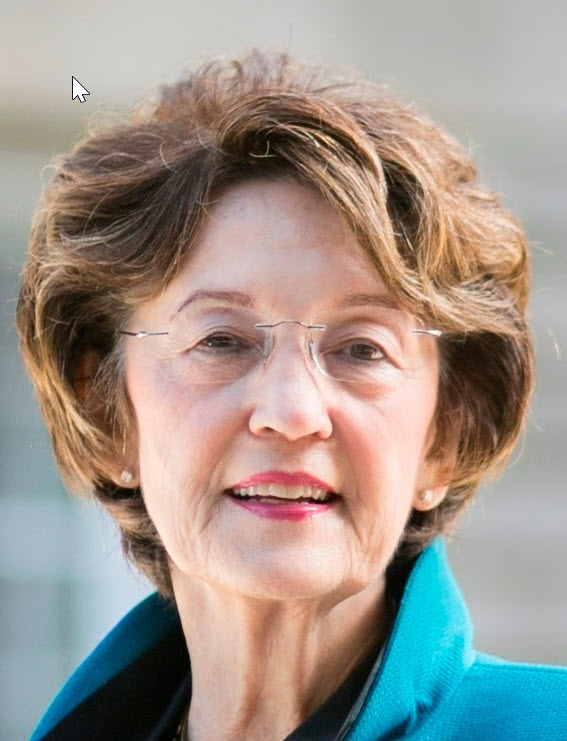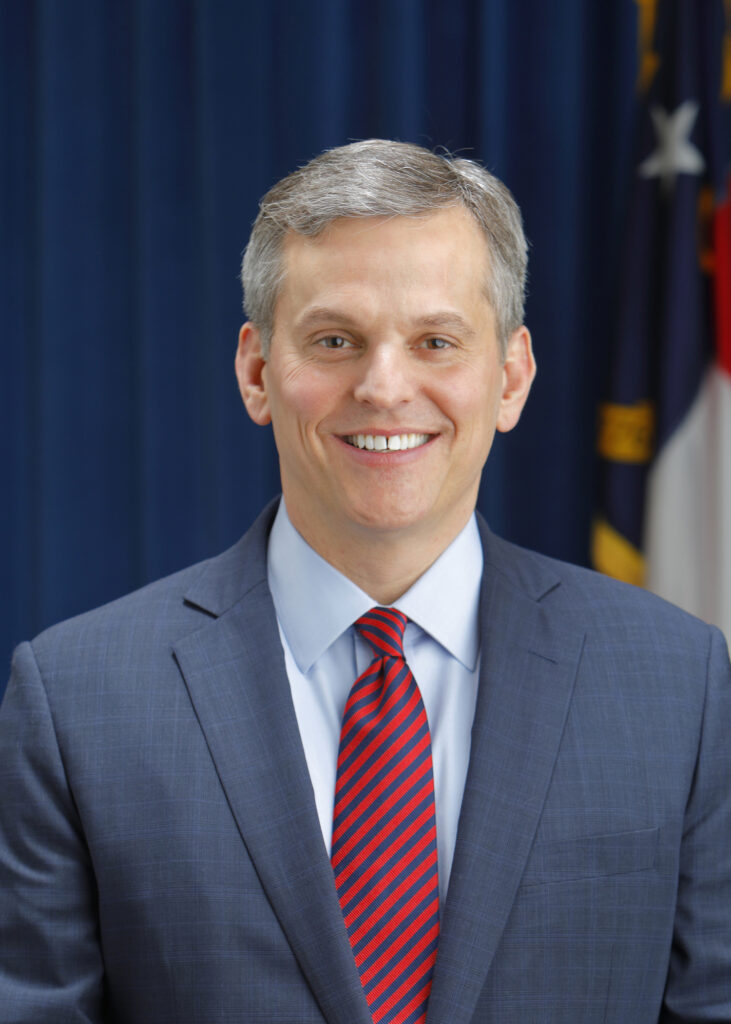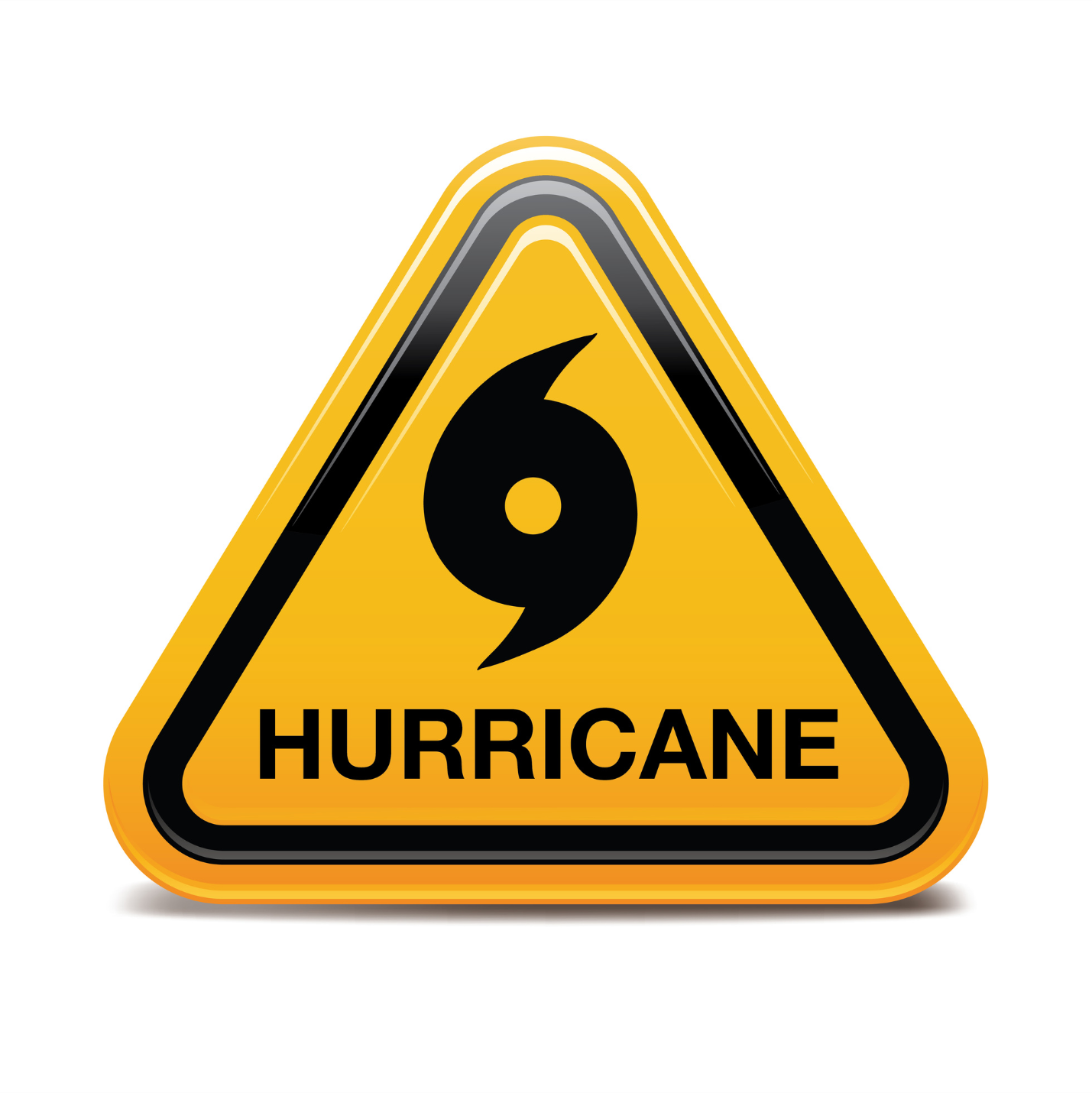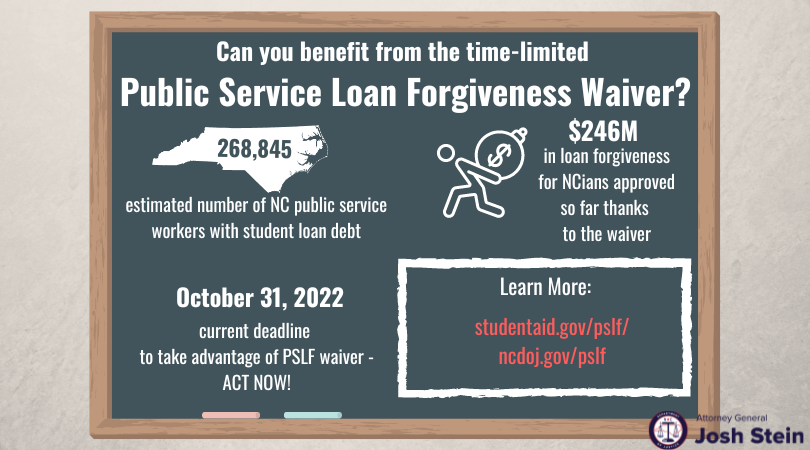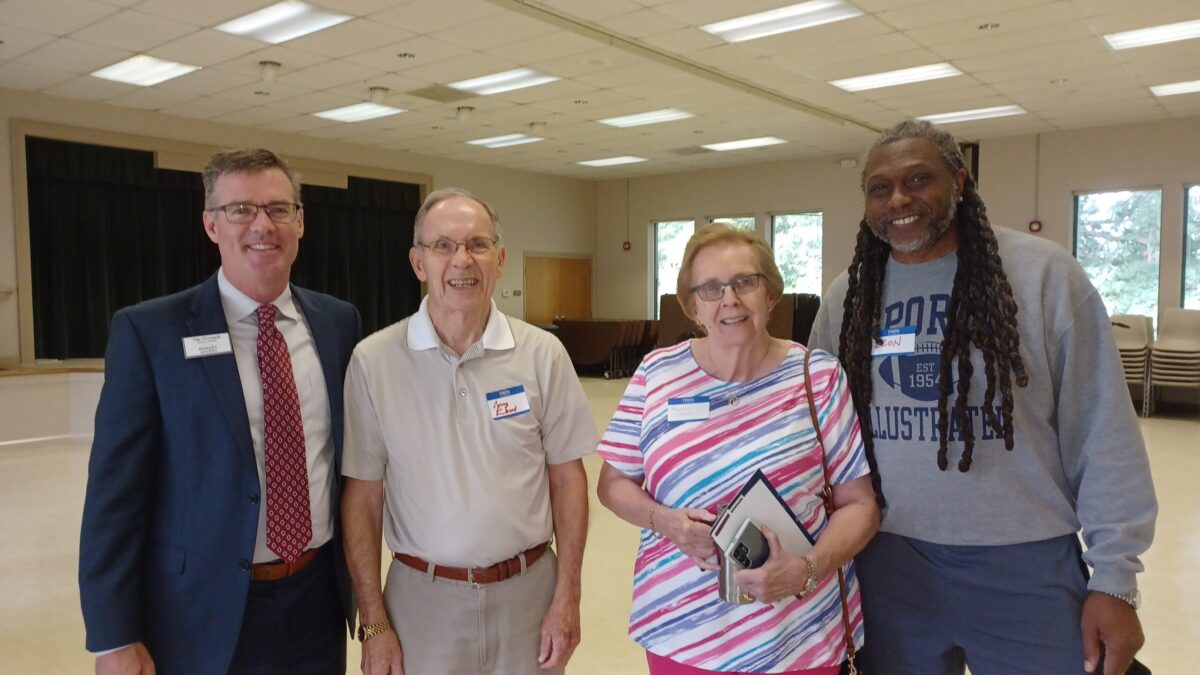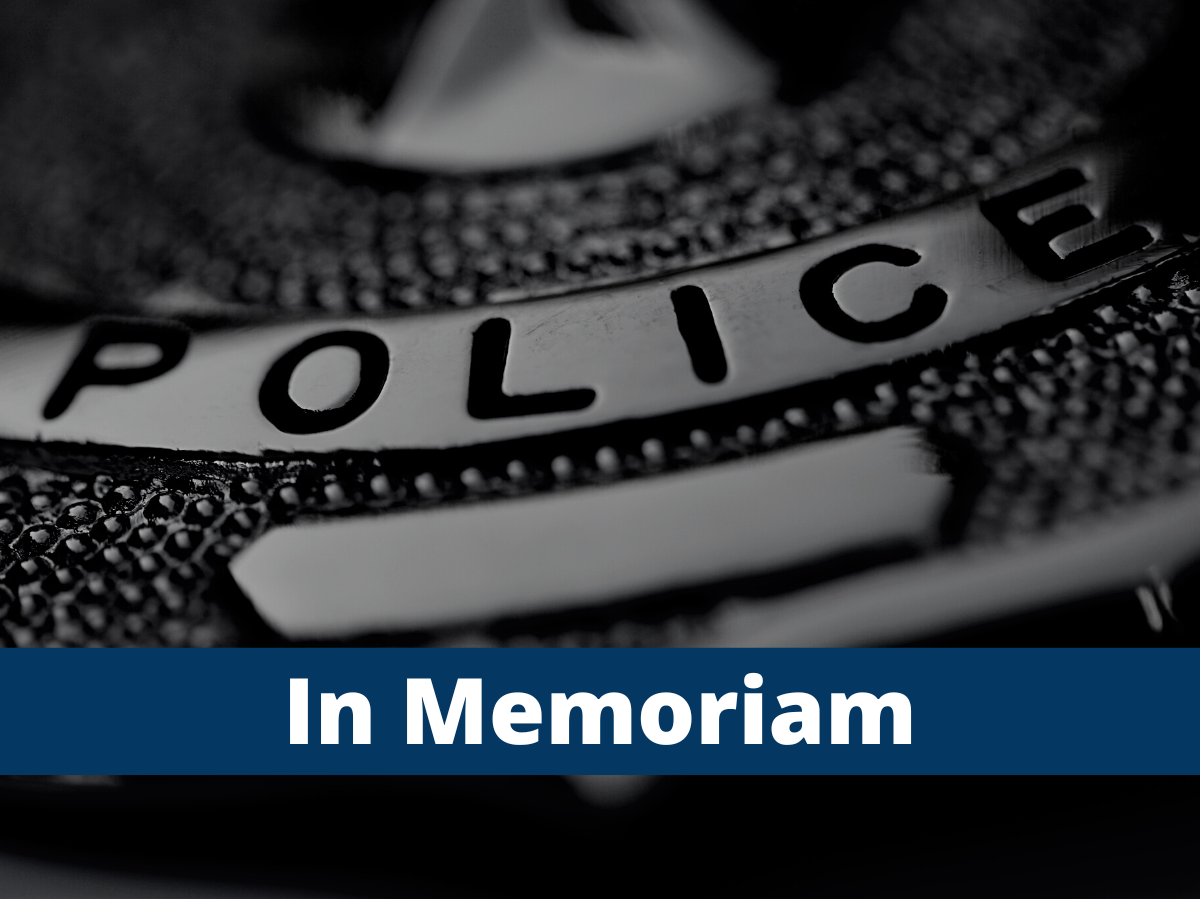Proposed Medical Debt De-Weaponization Act
By State Treasurer Dale R. Folwell, CPA
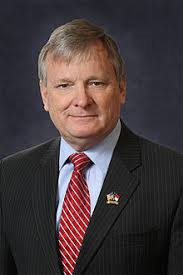
A lifesaving procedure should not cost your life savings.
With inflation at a 40-year high, medical cost inflation has squeezed retirees’ standard of living and driven one in five North Carolinians into medical debt collections.
Retirees and older Americans are disproportionately affected by medical debt. There is little oversight over medical debt collections, but my office found North Carolina hospitals have billed at least $149 million to poor patients who should have received charity care. North Carolina needs reform, and we’ve proposed a solution with the Medical Debt De-Weaponization Act.
The Medical Debt De-Weaponization Act is a pro-family, anti-poverty consumer protection law. The bill would help level the playing field for retirees and patients who try to fight hospital bills that are unfair, overcharged, unaffordable — or just plain wrong. It would strengthen patients’ access to transparent prices and bring some accountability to medical billing.
Almost 80% of medical bills contain errors. Patients can’t even figure out how much things cost until it’s too late, and then they’re stuck with the bill. For example, in Winston-Salem the same knee replacement surgery could cost less than $30,000, or more than $80,000, depending on where patients go. And patients would never know because most hospitals still haven’t fully complied with federal price transparency rules, hiding prices from patients.
Under current law, retirees have little recourse if they’re hit with an unaffordable medical bill. If they have health insurance, many hospitals will deny them charity care, even if they don’t have the resources to ever pay off their co-pays and co-insurance. Instead, several large hospital systems have referred thousands of patients to medical credit cards that can charge up to 18% interest on medical debt.
Worse, nothing protects retirees’ family members from debt collectors. Both hospitals and nursing homes can pursue spouses and children for unpaid medical bills in North Carolina. The Medical Debt De-Weaponization Act would stop them from doing that. Atrium Health alone has sued more than a thousand patients over medical
debt. Retirees and patients deserve better.
This isn’t a political issue. It’s a mathematical and moral one. That’s why we have almost 50 bill sponsors from both parties. If lawmakers pass the Medical Debt De-Weaponization Act, North Carolina will jump to second place in the nation for protections against medical debt. Patients cannot wait any longer for reform.


